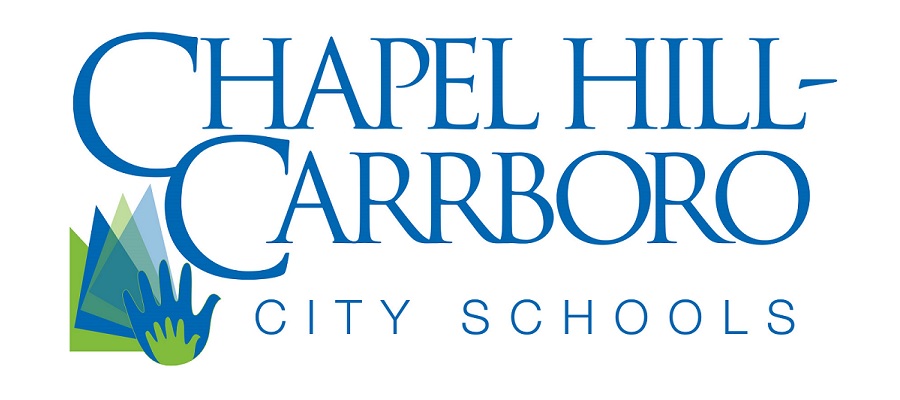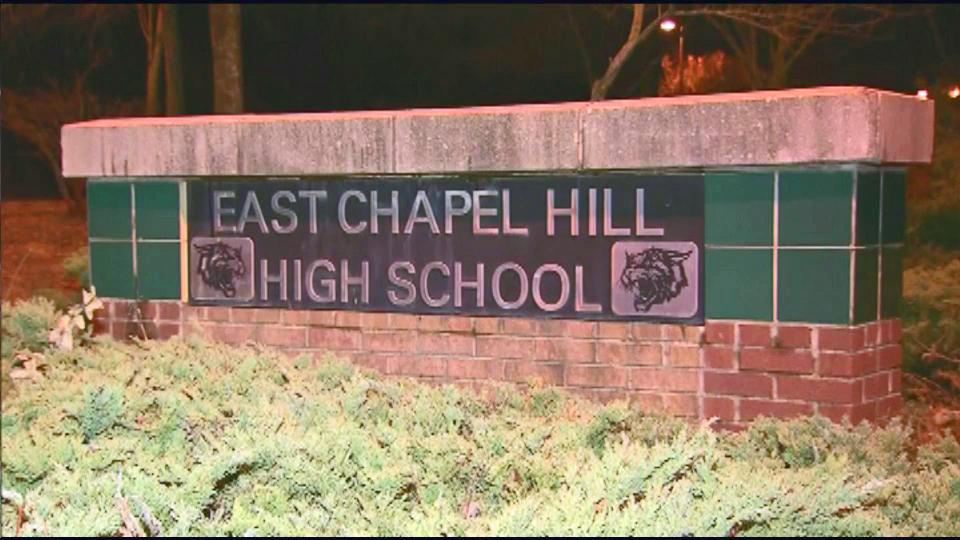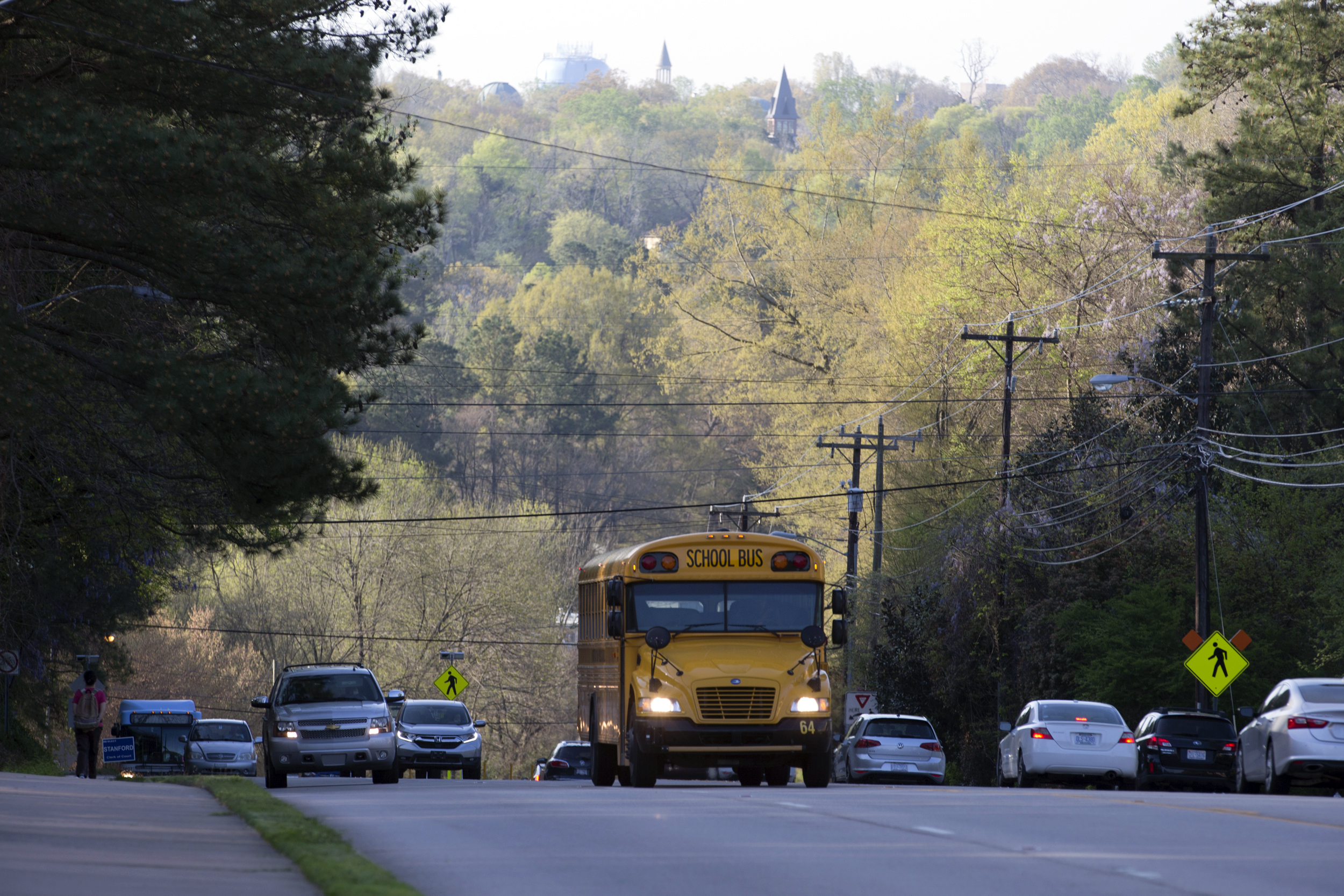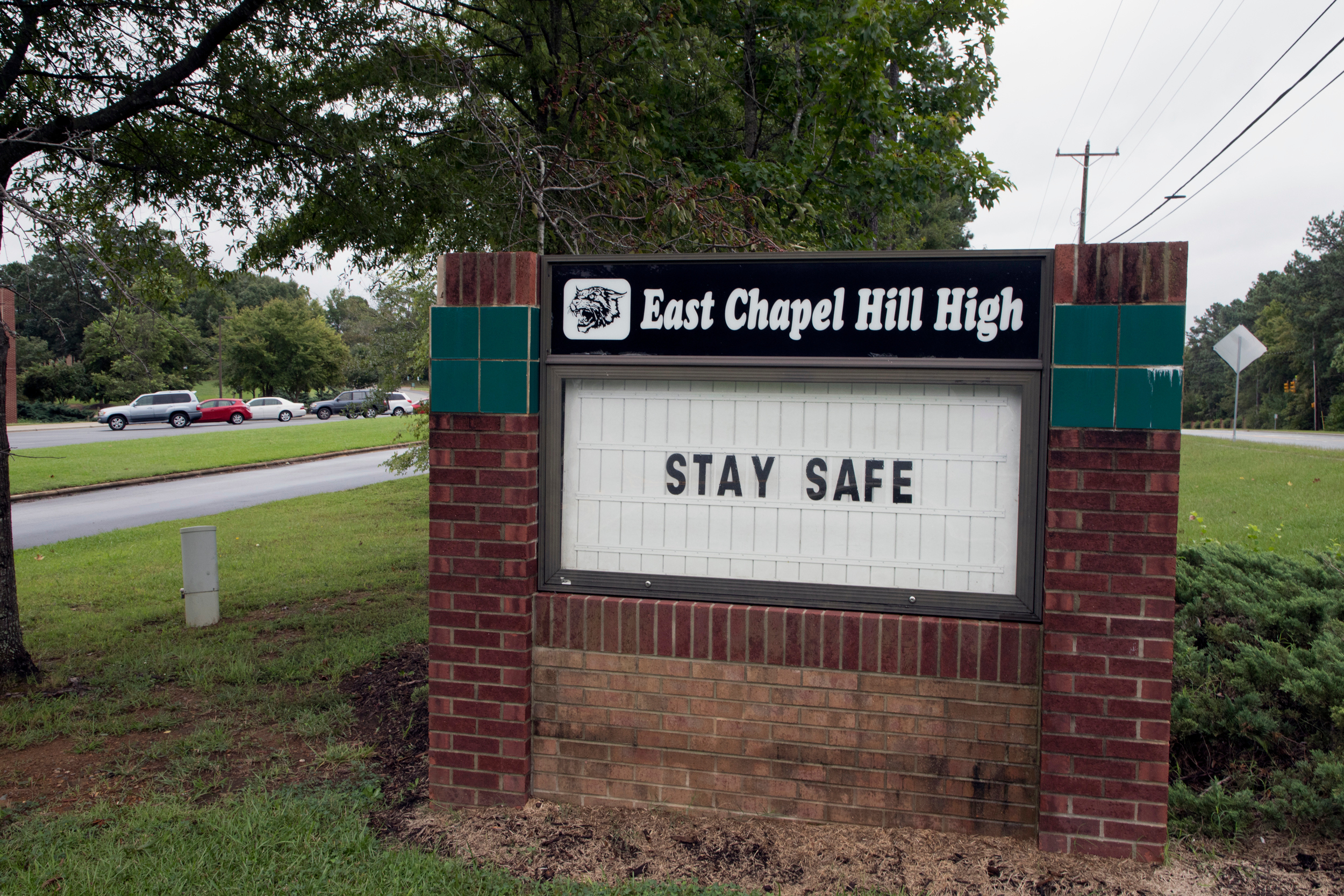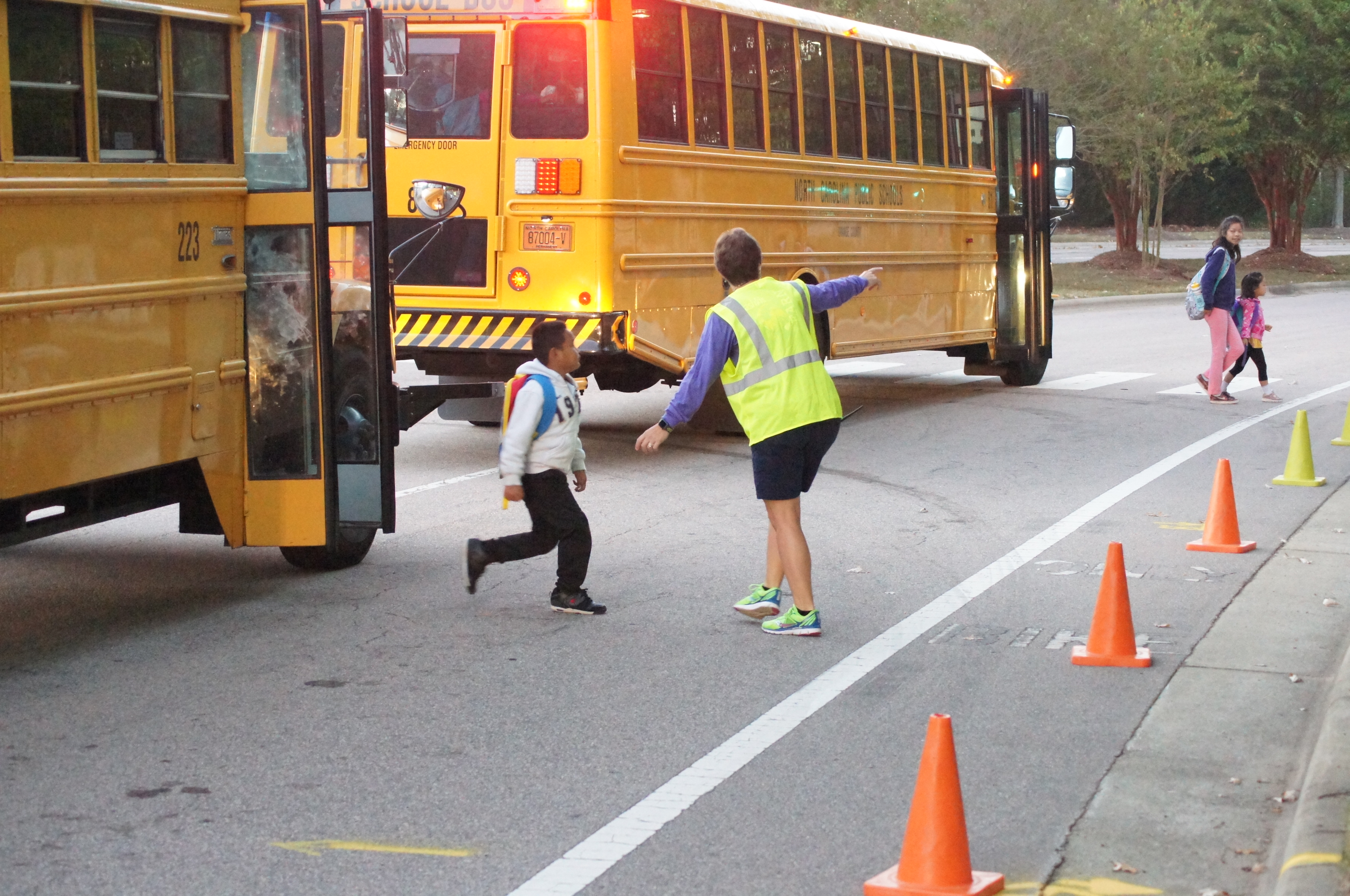As Chapel Hill-Carrboro City Schools continues with its remote learning model amid the pandemic, the district’s Special Needs Advisory council is concerned about the quality of education for its students.
CHCCS’ Special Needs Advisory Council, better known as SNAC, is a group of parents, district staff and community members who advocate on behalf of students in the district with special needs.
Of the estimated 12,300 students in the CHCCS system, SNAC serves more than 1,200 of them. These students consist of those in the Exceptional Children program.
The mission of Exceptional Children, or EC, is to “ensure that students with disabilities develop intellectually, physically, emotionally, and vocationally.” Most EC students follow the state standard course of study in general education classes – albeit with some additional guidance and individualized education programs. Within the EC program are students who are on the district’s Adapted Curriculum. Adapted Curriculum, or AC students, reference students who are in more traditional special education classes, and are following the state’s extended content standards – focusing on life and job skills.
Lindsay Bedford is a mom of two kids in the CHCCS system and the newly appointed chair of SNAC. Before joining the SNAC leadership team 4 years ago, she used to be a special education teacher at Ephesus Elementary.
Throughout the year, Bedford said SNAC is continuously having conversations about how to better education for students in their EC program and those with special needs, although this has been increasingly difficult during the pandemic.
She said issues of inclusion and policy have recently been put on the back-burner because there’s a much more pressing issue at large.
“We’re really concerned about students with disabilities being able to access this curriculum and their individualized education plan and the necessary services that go along with that – like speech and occupational and physical therapy,” Bedford said. “A lot of our students really struggled in the spring. We knew that, even with all of the district’s efforts to improve the digital education over the summer, that there are still students who cannot access it. So some of their most basic educational needs aren’t being met.”
Bedford said the switch to online learning, the disruption of schedules and the lack of social interaction have all made it extremely difficult for children with special needs to receive the education they need and deserve during the pandemic.
“Students with disabilities – Autism in particular – but all varieties of disabilities, they really thrive on structure,” Bedford said. “They need a schedule, they need predictable routines and the lack of that, being home day after day, is really hard on students that just need that structure and predictability.”
She said many of these students who fall under the EC umbrella require continuous supervision, care and support for daily living – which is very problematic for families who have to work to bring in an income and do not have an alternate caregiver.
“There’s a lot of concern about regression, behavior and falling behind in daily living skills,” Bedford said. “Academics are so hard to come by for a lot of these students. You know, you work years and years and teachers and parents put in great effort to make small milestones and so when you don’t continue practicing and working on those skills every day, you lose them.”
Because of all these difficulties, Bedford said she is hoping the district will work with SNAC to figure out how to get Adapted Curriculum students and other at-risk EC students back in a face-to-face learning environment first. However, at the end of the day, Bedford said safety is the primary concern – which means working together with the district to create a plan.
“A lot of these Adapted Curriculum students require self-care help with feeding or hygiene, and that requires contact much closer than six feet,” Bedford said. “So it really does have to be done carefully and thoughtfully and we need to have a really strong plan, but I believe it can be done.”
As CHCCS and the community as a whole continues to wade their way through the pandemic, Bedford said SNAC is making a plea to local organizations and communities of faith to get involved to help support the district’s Exceptional Children. This could mean after-school support or opportunities for socialization.
“Anything in after-school hours, providing respite for families and an opportunity for these students to be out in the community,” Bedford said. “You know the school system has demonstrated that they’re eager to work with these organizations and make opportunities happen for students and so SNAC just feels very strongly that caring for EC students is not something that should fall completely on the schools.”
For more information about SNAC, and to learn how to get involved, click here.
Chapelboro.com does not charge subscription fees. You can support local journalism and our mission to serve the community. Contribute today – every single dollar matters.

